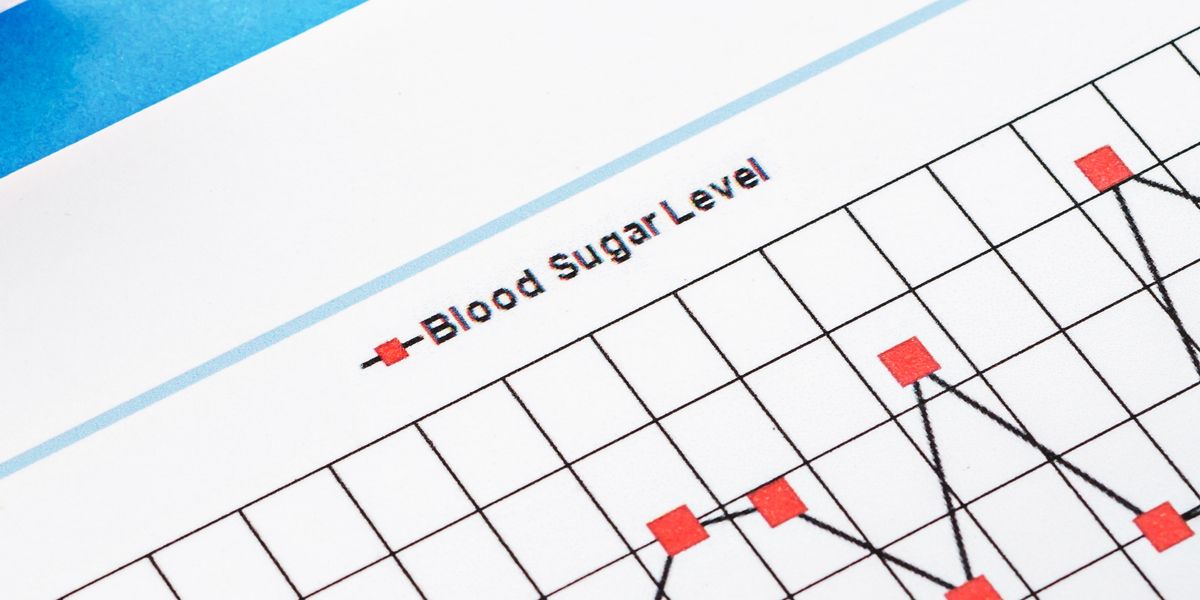A new data-sparse model that can predict a person’s glycaemic response without taking blood or stool samples has been developed.
Researchers from the Stevens Institute of Technology in the US have developed this new model to help healthcare professionals accurately predict individual glycaemic responses without data.
First author Dr Samantha Kleinberg said: “It might sound obvious, but until now most research has focused on macronutrients, such as grams of carbohydrates, instead of the specific foods that people are eating.
“We’ve shown that by analysing food types, it’s possible to make highly accurate predictions with far less data.”
- Glycaemic control improved by drinking smoothies with seeds
- Glycaemic control in young people improved by automated insulin delivery systems
- Study highlights importance of tackling both glycaemic control and obesity in people with type 2 diabetes
Throughout the trial, the team of researchers looked at the detailed food diaries and continuous glucose monitor data from nearly 500 adults based in the US and China, all of whom had either type 1 or type 2 diabetes.
By using ChatGPT and existing food databases, the academics were able to assess the macronutrient content and the structure of foods to classify each meal.
The scientists could accurately predict each individual’s glycaemic response to each food by training an algorithm using both nutritional data and food features.
Dr Kleinberg said: “We still don’t know why including the food features makes such a big difference.
“It’s possible that food information is a proxy for micronutrients that drive glycaemic responses, or that the physical properties of certain foods lead people to eat or digest them differently.”
She added: “What’s clear, though, is that when it comes to blood sugar, there’s more at work than just macronutrients. Because people eat the same meals again and again, the data gives us visibility into the way that individual responses to specific foods change over time.”
- Toddler experiences hypoglycemic shock after drinking Slush Puppie
- Race and social vulnerability are risk factors for worse glycaemic control
- Low and high glycaemic index diets improve endurance performance
A shift in hormone levels can impact individual glycaemic responses so the team found it vital to include data about menstrual cycles in their model.
Dr Kleinberg said: “We don’t need data on a specific regional population to be able to make predications there.
“We can offer better recommendations if we have more data, but we can get very good results with no personalised information at all.”
She continued: “That means we can give patients useful advice right away – and hopefully that will motivate them to keep going.”
Read more in the Journal of Diabetes Science and Technology.




